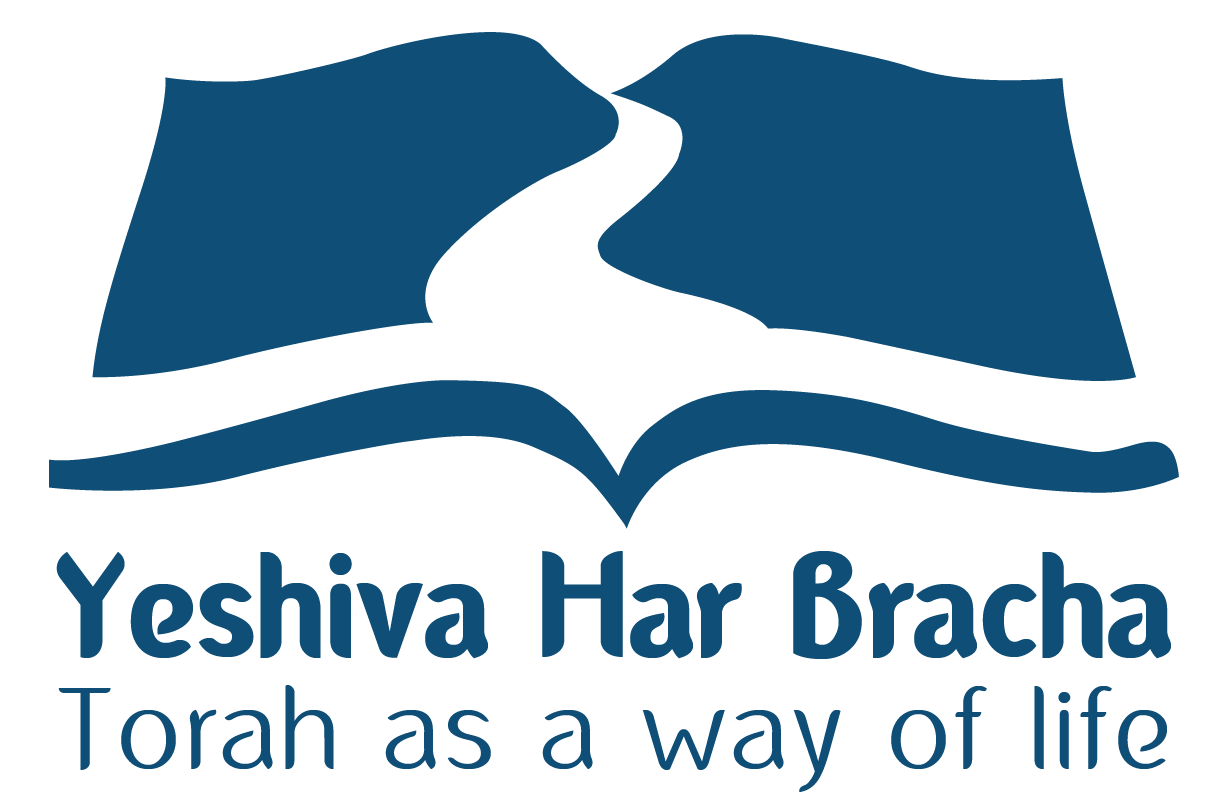The essence of Purim is to provide inspiration for the entire year ● Sometimes, in our eagerness to increase joy, we overdo it to the point where it no longer brings happiness ● We need to return to the basics and fulfill the mitzvot of Purim properly ● Any additions beyond that should only be made if they genuinely enhance joy ● Even the mitzvah of drinking should not cause distress to family members ● While the halachic status of Amalek no longer applies today, the principle of completely overcoming a cruel enemy remains valid
Since Purim lasts only one day, and it is impossible to send endless mishloach manot or participate in meals with all relatives and friends, the question arises: To whom should we prioritize sending portions—our closest friends who are always by our side, or those with whom our relationships are sometimes strained? Should we send two lavish portions to select friends, or ten, twenty, or thirty simpler packages? Similarly, with the feast—should we invite family members from this side or that side, close friends, or perhaps new immigrants? Should the meal be for ten participants or fifty?
The answer is that all these ideas are valid, as this is the essence of Purim—to inspire us throughout the year. Although we cannot send portions to everyone on Purim, the beauty of giving can extend beyond Purim itself. Throughout the year, we can send thoughtful packages to friends and acquaintances—for example, when baking challah or preparing a special dish for Shabbat, we can make a little extra and send it to a friend who had a tough week, is celebrating a birthday, started a new job, or lost one. This way, we extend the heartwarming connection of Purim throughout the year.
The same applies to the feast. While we can only dine with a limited group on Purim, the joy of the meal should deepen our appreciation for friendship and connection, encouraging us to participate in our loved ones’ celebrations year-round—weddings, brit milah ceremonies, and other family and community gatherings.
Similarly, the mitzvah of matanot la’evyonim (gifts to the poor) should inspire us to continue giving tzedakah, such as ma’aser kesafim (a tenth of our earnings) or even a fifth, throughout the year.
The mitzvah of reading the Megillah also provides lasting lessons. Through hearing the Megillah, we learn about God’s providence in the world and how evil can be transformed into good. This understanding strengthens us to continue studying Torah and recognizing divine guidance throughout the year.
A Woman’s Profound Question About the Joy of Purim
Q: I am a woman for whom Purim has become a difficult day. Instead of being a joyful occasion, it is one of the most burdensome days of the year. The need to prepare numerous mishloach manot, organize the feast, help the children with their costumes, and accompany them in delivering the packages is overwhelming. This is compounded by hearing the Megillah twice, with all the delays and noise during the “Haman” beatings. The feast itself is also stressful. While my husband usually helps with Shabbat and festival meals, on Purim I am solely responsible. Additionally, I worry that my husband might get drunk, leaving me to manage both him and the children, along with the discomfort and embarrassment it sometimes causes. I understand that some women enjoy all of this, but I suspect I am not alone in feeling this way.
A: The problem is that in our desire to increase joy, we sometimes overdo it to the point where it ceases to be joyful. This is true for any good thing—when taken to excess, it becomes burdensome and even harmful. Compliments are pleasant, but when exaggerated, they become ridiculous. Friendship is wonderful, but excessive clinging can become oppressive.
Therefore, it is essential to return to the basics and fulfill the mitzvot of Purim properly, ensuring that any additions genuinely enhance joy.
Mishloach Manot:
The mitzvah is to send two food items to one person. Each spouse should send one package, containing at least two portions. Originally, the Purim meal preparation included the preparation of mishloach manot—sharing from what was already prepared for the feast. This minimized the burden while maximizing joy, as one received the best of what their friend had made. Since there is a mitzvah to educate children, each child should give one package to a friend, and beyond that, additional gifts should only be given if they bring joy.
Megillah Reading:
Similarly, when it comes to the Megillah reading, it is best to find a comfortable environment. Ideally, the Megillah should be read in a public setting, but if the noise of beating “Haman” is disturbing, it is appropriate to attend a quieter reading. As I wrote in Peninei Halacha: “Those who wish to continue the custom of beating ‘Haman’ may do so, provided that the entire congregation can still hear the Megillah clearly. However, it is preferable to avoid making noise during the reading, and synagogues where most congregants prefer a quiet reading should announce in advance that no noise will be made.”
The Feast:
Regarding the Purim feast, instead of organizing an overly large gathering, it is better to hold the meal within the family circle. It can be shared with another family, but it is also perfectly acceptable to celebrate with just the nuclear family. The meal should include bread and be as dignified as a festival meal. While meat is preferred for the main dish, chicken, fish, or even dairy dishes are also acceptable.
The Mitzvah of Drinking:
The mitzvah of drinking on Purim is derived from the verse “to make them days of feasting and rejoicing” (Esther 9:22). There are two primary approaches:
- Some hold that one should become intoxicated to the point where they cannot distinguish between “cursed is Haman” and “blessed is Mordechai.” However, if a person knows that they might act inappropriately when drunk, they should only drink enough to become drowsy and fall asleep.
- Others argue that the mitzvah is simply to drink more than usual but not to become drunk to the point of losing control.
Practical Halacha:
Each person should choose the approach that allows them to fulfill the mitzvah joyfully. If a man’s drinking causes his wife distress, he should follow the more moderate approach. If the wife is significantly burdened, this may indicate that he is exceeding even the lenient opinion.
Remembering Amalek:
This Shabbat, we fulfill the mitzvah of reading Parashat Zachor, reminding us not to show excessive mercy to our enemies. History teaches that when we were too lenient, we suffered—whether during King Saul’s time, or in the days of King Ahab. Although the specific mitzvah to destroy Amalek no longer applies today, the principle remains that a cruel enemy must be decisively defeated.
The Daily ‘Peninah’:
On Shushan Purim, participants in the “Peninei Halacha” daily learning program (In Hebrew) will begin the study of Shabbat. By the end of the year, they will complete the two volumes on Shabbat laws, including the 39 melachot, and will then proceed to study the laws of prayer. This initiative involves approximately 6,000 participants across the country.
This article appears in the ‘Besheva’ newspaper, and was translated from Hebrew.








